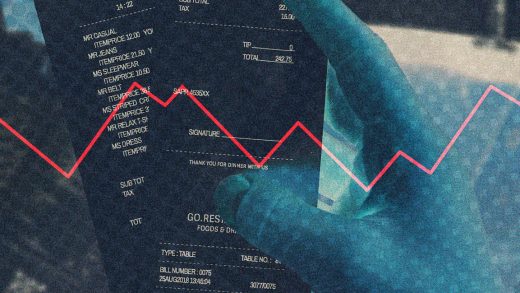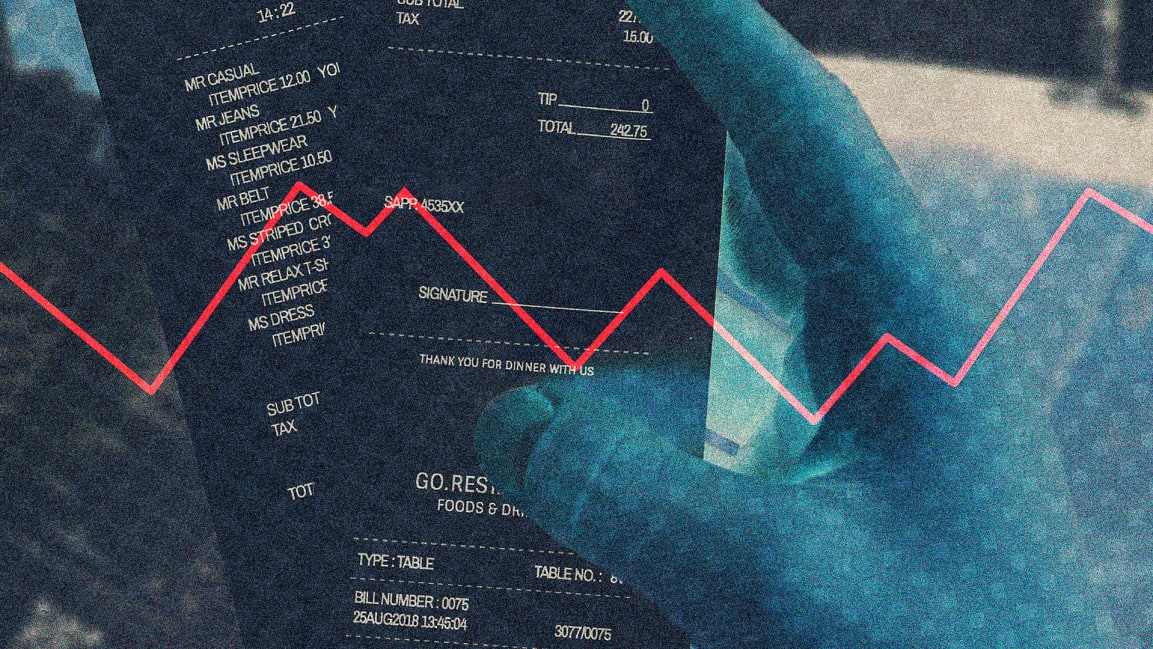Impulse warfare: ‘Buy Now, Pay Later’ companies are battling for a spot in your wallet
In a lean pandemic year when many shoppers are strapped for cash, “buy now, pay later” programs are perhaps the best thing since credit cards. And businesses seem to have caught on: Over the last year, a flurry of dealmaking has shaped a new competitive landscape as companies fight to win the hearts of customers with flexible payment options.
The latest development involves fintech giant PayPal, which on Wednesday agreed to purchase Paidy, a Tokyo-based startup that underwrites payments to merchants based on artificial intelligence assessments of consumers’ creditworthiness. The company currently boasts more than 6 million registered users, and could serve as a strong foothold for PayPal in Japan, which is the third-largest e-commerce market in the world behind China and the United States. The deal is expected to close by the end of the year and is valued at $2.7 billion—a sum that PayPal has said it will pay in cash (not credit!).
The move follows another recent deal struck between e-retail behemoth Amazon and deferred payments company Affirm, which revealed last week that they would be partnering up to let customers pay for hauls over $50—including furniture, electronics, and clothing—in monthly installments. It’s the first such service that Amazon will offer in the United States. Affirm, which has scored deals with major vendors like Walmart and Peloton in recent years, saw its stock price skyrocket more than 30% following the news.
But that move also came on the heels of yet another major deal in August, between digital sales handler Square and Afterpay, an Australian “buy now pay later” company, which it agreed to acquire for $29 million.
As the biggest tech firms in Silicon Valley race to team up with pay-over-time providers, the idea of “buying now, paying later,” or BNPL, has become red hot. It’s not just the pandemic, it’s psychology: Buying a $200 hairdryer or video game console or pair of jeans seems much more palatable when it only costs $50 (x4). Most plans are interest-free, so it would seem there’s little to lose. And in the frictionless world of e-commerce, it all happens with the click of a button—buy now, pay—and think—later: According to a pair of studies, impulse spending jumped among Americans during the first few months of the pandemic when shopping transitioned online, and remained at elevated levels a year later.
That’s all roses for flexible payment companies, which seem to have sunny growth prospects if not always profits: Following Affirm’s blockbuster IPO earlier this year, another deferred payments company, Sezzle, filed for an IPO last month, and a third company, Klarna, is reportedly eyeing a public debut in 2022.
(42)



